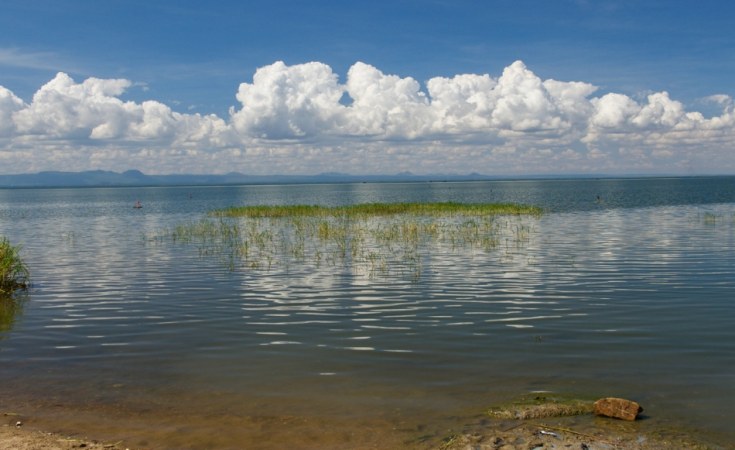Lilongwe — In efforts to address challenges faced in managing the fisheries sector, the Department of Fisheries has adopted the Ecosystems Based Fisheries Management (EBFM) which aims at restoring the diversity of fish species.
The EBFM approach takes the whole environment into consideration by integrating management of forests, rivers, communities, businesses and beaches.
Speaking on behalf of the Principal Secretary for Agriculture, Irrigation and Water Development, Dr Patrick Chikungwa said Ecosystems Based Fisheries Management will address challenges such as overfishing, non-compliance to fishing laws and poor fish handling.
Chikungwa was speaking during a forum for the role of Ecosystem Based Fisheries Management on Wednesday in Lilongwe.
He said there should be a balance between terrestrial and aquatic worlds through good fishing practices.
"The ecosystem approach will focus on maintaining the ecosystem resources for their sustainable use while recognizing that humans are an integral part of the process," he said.
"The overall objective of the EBFM is to highlight and promote promising opportunities that will lead to resilient, biodiverse and productive aquatic resources connected to resilient and healthy catchments," said Chikungwa.
He said the fisheries and aquaculture make crucial contribution to the food and nutritional security in the country.
"As of now, over 180,000 people directly benefit from fishing, farming processing, and marketing fish products while others are engaged in activities like input supply, boat building, net construction and boat engine repair services," he said.
He said despite the valuable contribution of the fisheries sector, there are several challenges that negatively affect the realization of socio-economic benefits of the sector such as declining catch of fish species, especially Chambo.
The EBFM forum was hosted by the Department of Fisheries with support from Fisheries Integration Societies and Habitat "FISH".
The forum aimed at better understanding of the potential contributions and solutions to a better future for managing the interdependencies between aquatic and terrestrial resources for agriculture and fisheries.
Chief of Party from FISH Project and PACT, Dr Alan Brooks said the interdependency between the terrestrial and aquatic life calls for the Ecosystem Based Forestry Management approach.
He said human activities can sometimes impact on the diversity of fish species, therefore, the need for integrating terrestrial and aquatic activities cannot be overemphasized.
"This project is unique because it will address challenges faced by the fisheries sector across the country, not only focusing on what happens at the lake, but also the communities surrounding the lake," he said.
Brooks said the FISH Project has been working in lakes Malombe, Chilwa, Chiuta and the Southwest and Southeast arms of Lake Malawi. In these areas, he said fishermen are put in groups and advised to be policing one another's fishing activities.


